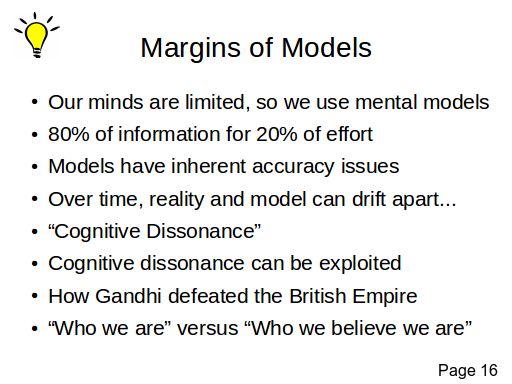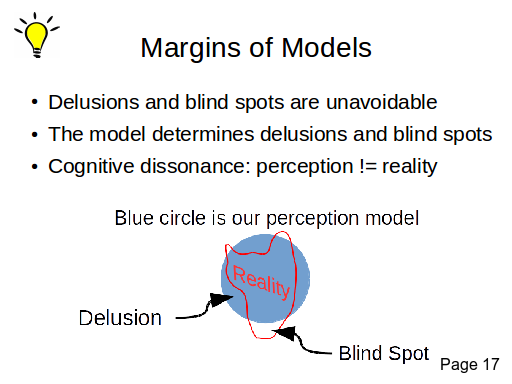Financial problems aren't just monetary — they are also symbolic. Society loses trust when symbols no longer match reality.
Today's Semiotic Drift:
- Dollar no longer backed by anything tangible
- Financial derivatives decouple meaning from value
The result is semantic inflation which creates economic confusion and loss of public trust. Delusions and blind spots proliferate. From my DEFCON 17 submission:


Tomorrow's Semiotic Fidelity:
Semiotic fidelity is present when representations reliably map to referents. In finance, tokens, notes, contracts must represent actual value. When they don’t, systems break — not just technically, but psychologically as well. The State Token platform is a form of monetary rebinding which re-establishes fidelity.
Monetary Rebinding Proposal:
- State-administered tokens backed by real assets
- Redeemable or accountable — visible custody
- Not a new currency; a new mapping system
- Value is not created — it is reflected accurately
Strategic Advantages:
- Restores confidence at local and regional levels
- Offers fallback without rebellion
- A model of semantic restoration — not just financial reform
Conclusion:
This isn’t just money. It’s language. A society that can’t trust its symbols can’t thrive. Tokenized representation is a linguistic repair kit for a civilization in symbolic decay; a modern financial version of Webster's Dictionary.



Comments